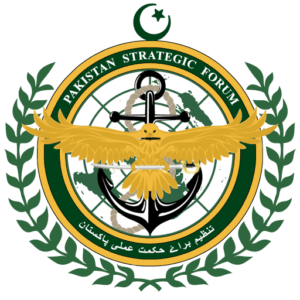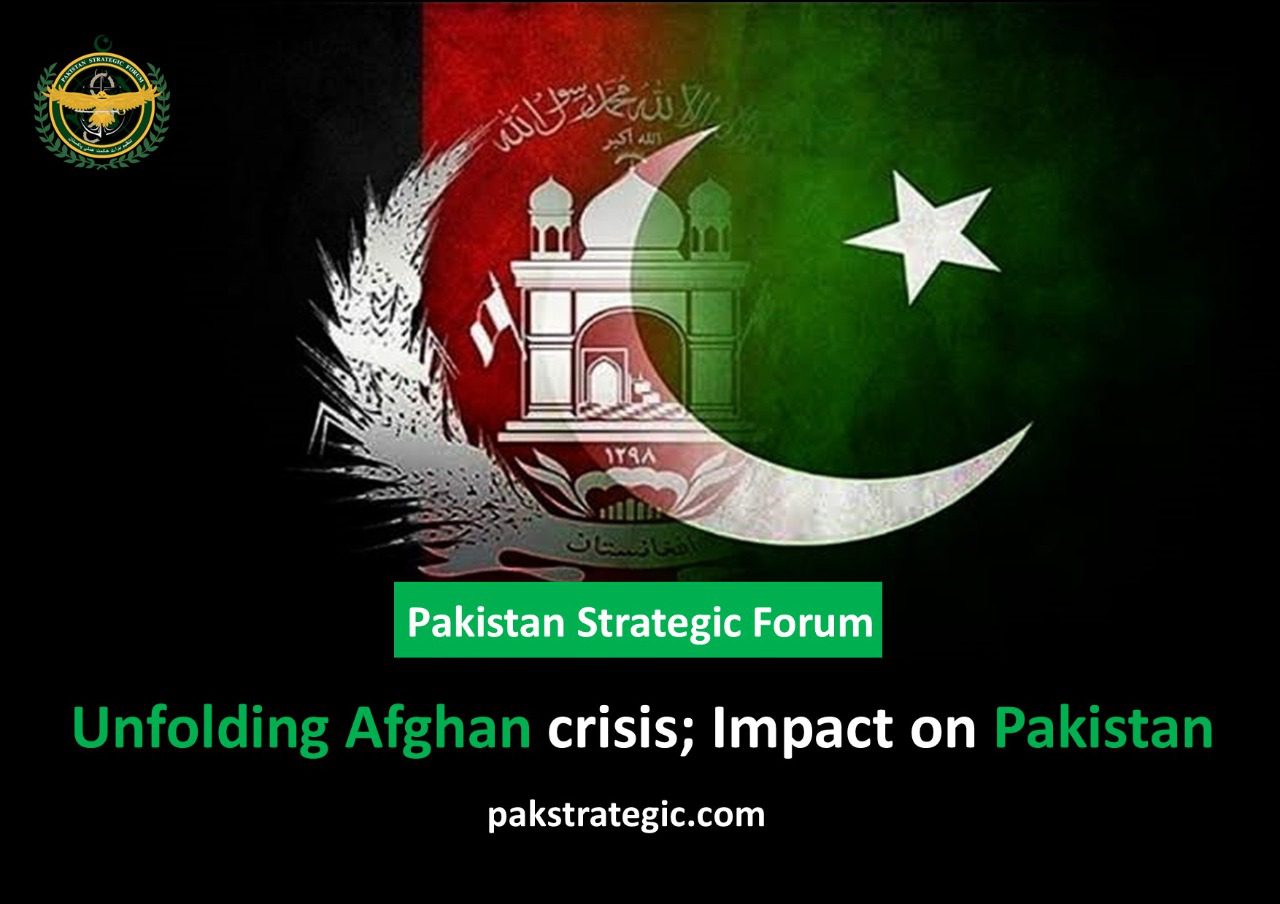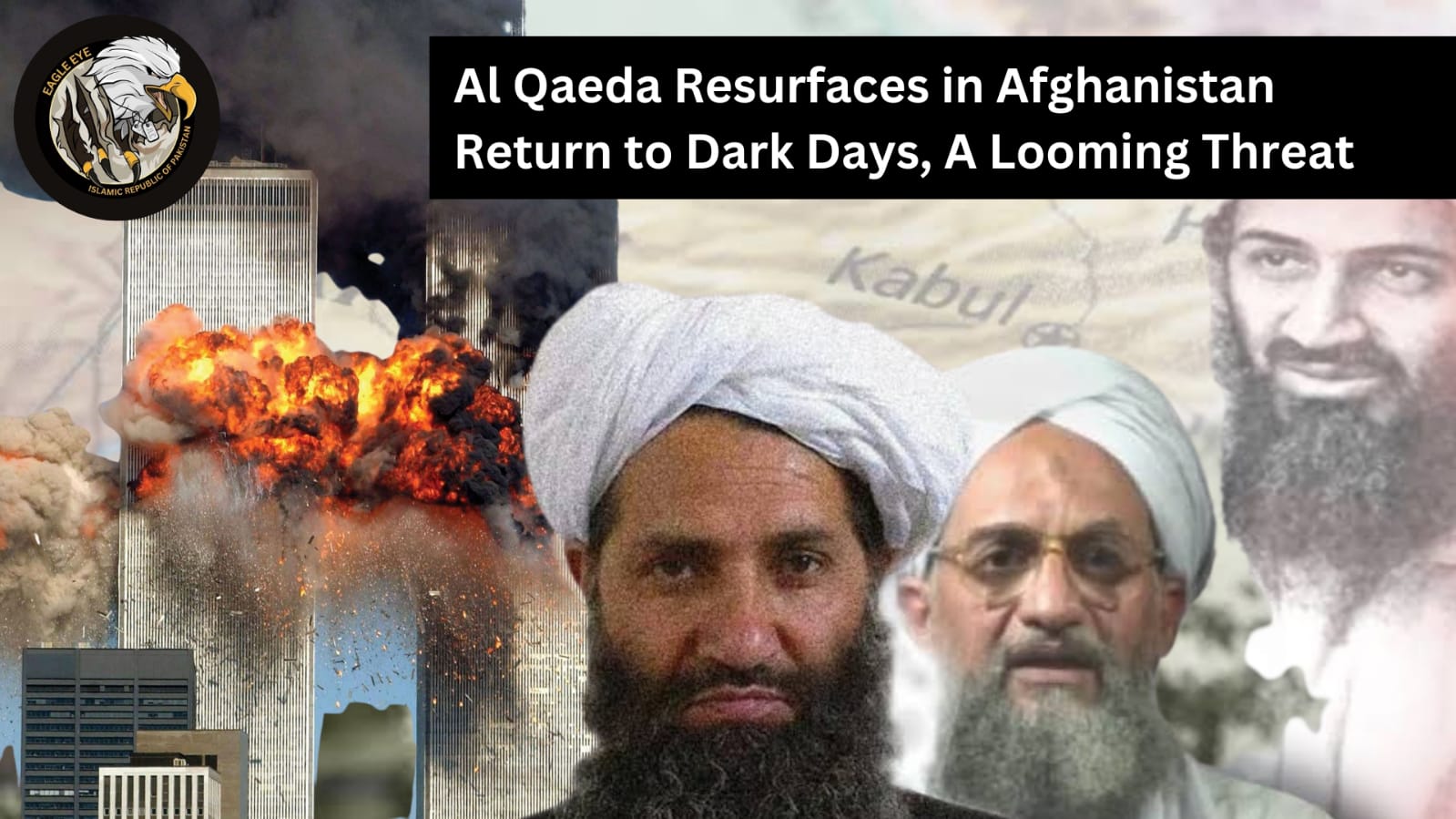The proposed Taliban-Afghan government Peace Conference, expected to be held in Istanbul on April 24 this year, never took place. The ensuing scenario continues to rapidly unfold in front of the world. After the US President Joe Biden’s declaration (April 14) on the complete pull-out of US forces from their unsuccessful war in Afghanistan, the country has witnessed a significant increase in civilian casualties this year in comparison to the same months last year.
With uncertainty looming large over the region, the stakes of all concerned parties are undeniably huge. With the future of Afghanistan – politics, economy and human rights hanging in balance, the evolving situation is bound to have a far-reaching impact on the neighboring countries. Presently, Afghanistan may be staring at two options one, the actual impacted parties holding a dialogue and arriving at a solution, which may not be a likely outcome. The other scenario being, Taliban taking over the reins of Afghanistan. In either case, it is an irrefutable fact that Pakistan would be playing a crucial role.
With the presence of US forces, the situation so far had kept regional stability on hold as Afghanistan was at constant odds with Russia, China and Pakistan, a scenario that pushed it further towards India and many other Central Asian countries. With the ousting of the US forces, Pakistan can now expect to see a friendly Taliban bound together with China, Russia, Iran, and Central Asia by way of common interests. The Indian RAW, in collaboration with Afghan NDS, has been using Afghanistan as a base to launch terror attacks in Pakistan. RAW stands exposed before the world in the recent blasts in Johar Town, Lahore as well as the blast targeting Chinese nationals working on Dasu dam in Upper Kohistan region of northern Pakistan. With Taliban taking control in near future, Pakistan would be in a strong position to stop all nefarious activities of the Indian government that have disrupted peace at home and in the neighborhood. As the Taliban have assured world powers including China and Pakistan that Afghan soil will not be used against any other country. China is now extending close support to other neighbors, as evident from the $400 billion deal in Iran earlier this year and its Ladakh adventure that successfully mellowed down the Indian aggression against Kashmir, Pakistan, and China. Not to forget, the dragon will certainly make India payback for the Chinese lives lost. Thus, the role of Pakistan in the South Asian region is bound to gain significance as a vital player in ensuring a level playing field for all. Indications of the growing importance of Pakistan are evident from the wholehearted support extended by the Russians to Pakistan in defense procurements and in gas pipeline projects.
So, what does the world look forward to? With pouring in of multiple news updates of the Taliban taking over territory daily, Kabul doesn’t seem to be far away. The US trained Afghan armed forces can now be seen either fleeing the country or being ambushed by the indomitable Taliban. Perhaps, these valiant men could have been less embarrassed if they were bound together for religious, cultural, and ethnic reasons but alas, it was material gains given by an external power that made them do what they were doing. The need of the hour for the Afghan leaders is to identify their real friends in the region, collaborate with their counterparts and be prepared to reconcile with the Taliban to end this endless war cycle which only gives violence and instability to both Afghanistan and to the region.
As for Pakistan, re-consolidating its Pak-Afghan-Kashmir linkages may be the way forward while respecting and committing to one another’s integrity, an arrangement that is sure to deter any intruders (read India) in all three regions. On the other hand, we may also need to gear up to face some challenges mainly refugee influx from Afghanistan and re-emergence of any terror elements linked with Al-Qaeda or ISIS, threatening the stability of the region.
Prime Minister Imran Khan has been making intelligent moves by inviting former Afghan President Hamid Karzai for talks, disallowing the US to use our land for their military bases, returning the Afghan soldiers to their country, reopening the Chaman-Spin Boldak border for commercial traffic. Moreover, tactical decisions like the proposed peace talks in Islamabad will certainly keep global eyeballs fixed on the national capital. But the Afghan political elite must sacrifice self-interests and work for the interests of Afghan society. But will these efforts of Islamabad ensure long-term peace only the time will decide.
Author: Tanaz Ansari
About Author: Tanaz Ansari is an alumnus of the prestigious Lahore College for Women University, Lahore. After acquiring a bachelor’s degree in English literature, she pursued her MBA degree from the same college. She has successfully completed certificate course in Competitive Strategy in Munich, Germany.
Tanaz Ansari’s Twitter: @AnsariTanazz






